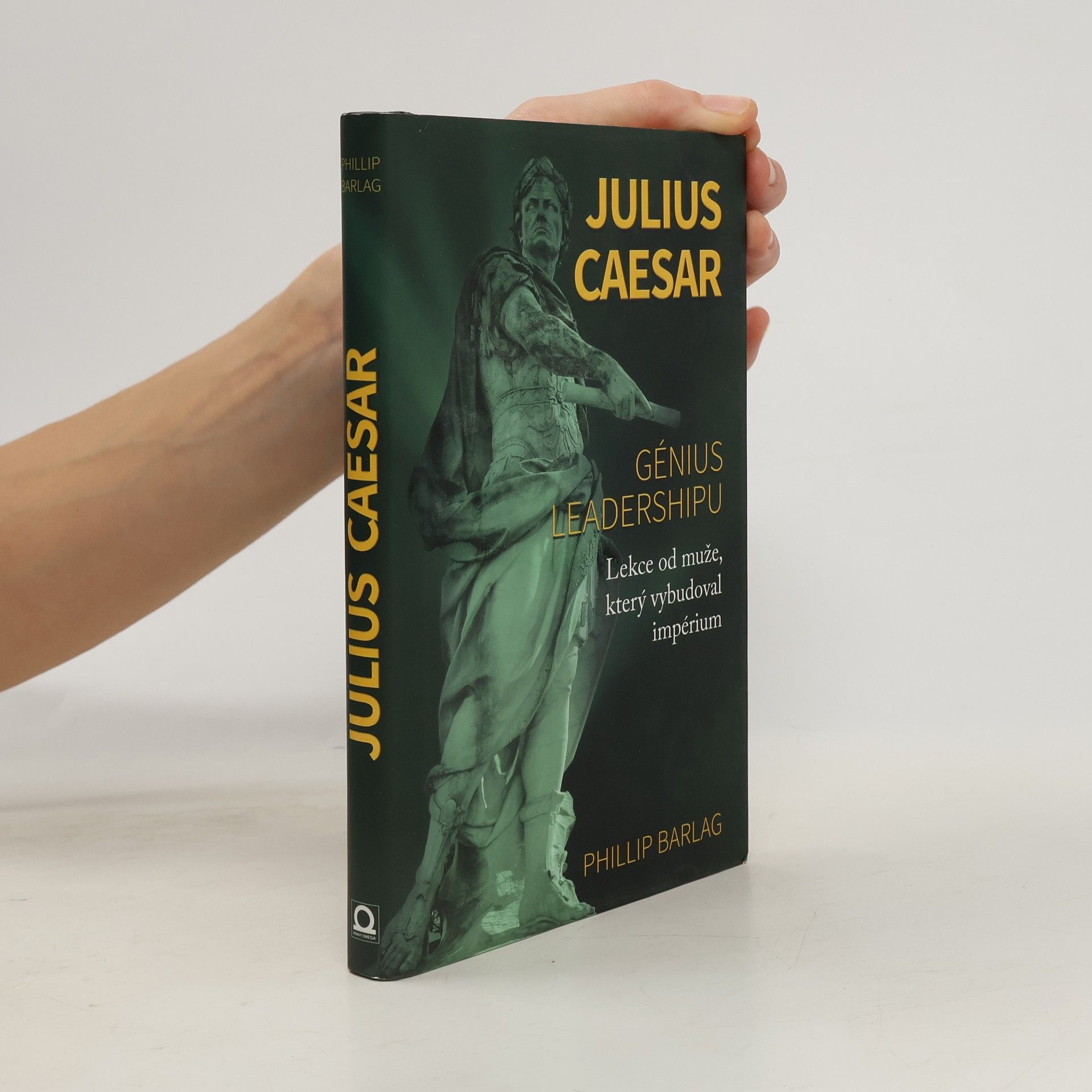"Evil Roman Emperors puts the worst of Rome's rulers in one place and offers a review of their lives and a historical context for what made them into what they became. It concludes by ranking them, counting down to the worst ruler in Rome's long history"-- Provided by publisher
Phillip Barlag Bücher



Lekce od muže, který vybudoval impérium. Množství literatury na téma aktuálních trendů v leadershipu roste. Někdy je však nejlepší ohlédnout se zpět. Philip Barlag ukazuje, že kariéra Julia Caesara, jednoho z největších vůdců všech dob, si zaslouží seriózní výzkum. Caesarova vůdcovská strategie byla na tehdejší dobu překvapivě moderní a mimořádně efektivní. Historie je plná lídrů, kterým se zoufale nedostávalo kontaktu s lidmi a kteří slepě sledovali vlastní ambice a hédonistické rozmary. Caesar, jenž pocházel ze skromných poměrů, však na běžné římské občany nehleděl svrchu. Dokázal v lidech probudit loajalitu, měnit nepřátele ve spojence a spojence v oddané stoupence. Ústředním motivem Barlagovy knihy je rozdíl mezi mocí a silou. Nakolik mohl, vyhýbal se Caesar užití hrubé síly: věděl, že skutečné loajality nedocílí zastrašováním. Jeho moc pramenila z osobní integrity a intuitivního chápání nejhlubších lidských potřeb. Barlag ukazuje, že i dnes se lídři mají od Caesara co učit.